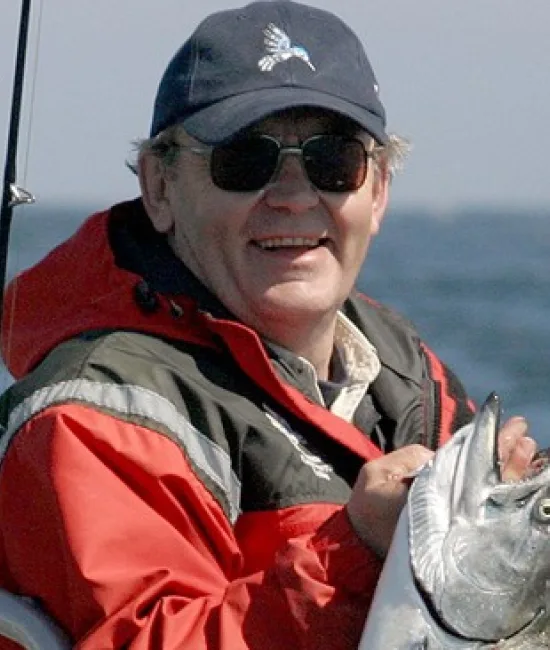David Constable
What was the most fulfilling project you ever worked on, and why?
My mining career had three distinct phases; first as a field exploration geologist in North America for 25 years, then a corporate phase for 15 years creating and financing junior resource companies, and finally a decade serving as an ICD Certified Director and Board Chairman for North American and International resource companies. The highlight of my career was joining FNX Mining in 2001 and growing FNX into a profitable producer, increasing its value from $25 million to $3.6 billion over a decade. FNX became the best TSX market performer during that time. I feel that the arc of my career was a natural evolution from field to management to the Boardroom. In the mining industry one needs to remain keenly aware of new ideas, trends and opportunities. One must look ahead to the changing future and adapt. We used to have a saying in exploration, "learn and adapt!"
What has been the most memorable experience of your career?
I joined the Board of a junior explorer during a downturn in the industry. The Company was looking for Platinum Group elements in Northern Ontario and struggling to survive. The Board and Management ran a strategy session and decided to look for good gold projects while the gold price was low. We quickly found an ideal advanced gold project in Argentina, signed a confidentiality agreement and we successfully bid for it against a dozen other companies. A few months later after we had acquired all the local and regional data from the original owner, we noticed an area with very high silver and lead values. We sent a team to acquire the target, only to be told that one of the unsuccessful bidders had just acquired it. Shortly after, the unsuccessful bidder announced a massive new silver discovery on that property. We eventually sued them for breach of the original Confidentiality Agreement. The question was, "Could you enforce a CA across multiple jurisdictions?" Prior to the trial, we obtained a great deal of data and it showed that the unsuccessful bidder used confidential information. At trial in BC, we successfully proved malfeasance and we were given the Discovery Property containing over two billion ounces of silver. This decision was upheld upon appeal. The junior explorer sold the assets in a bidding process for $780 million within a year of acquisition.
